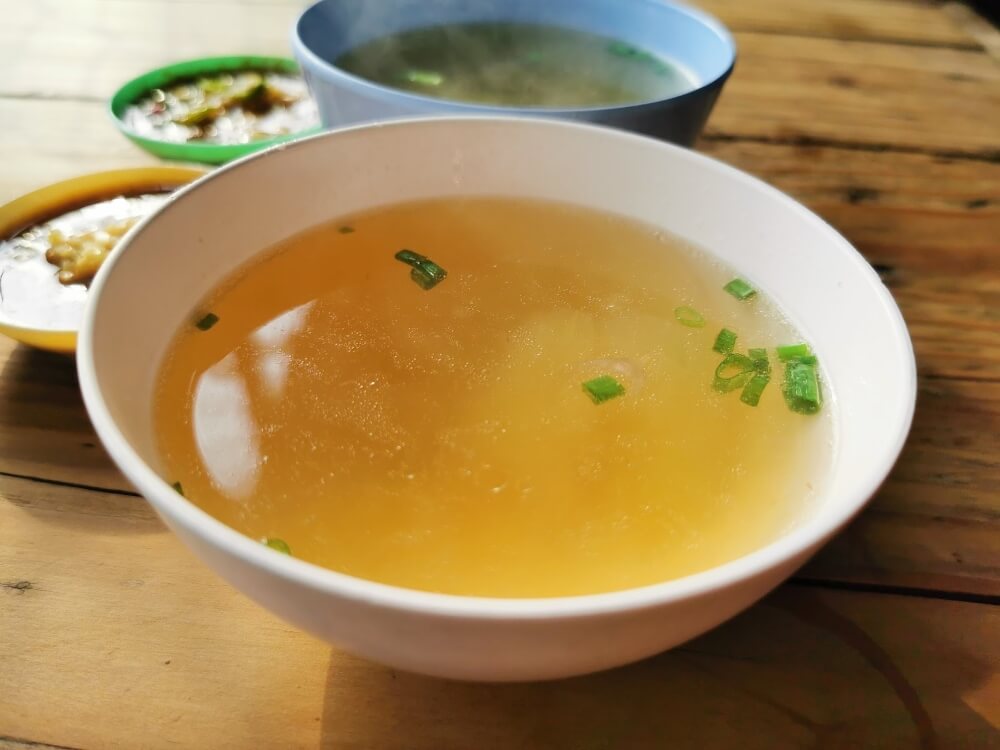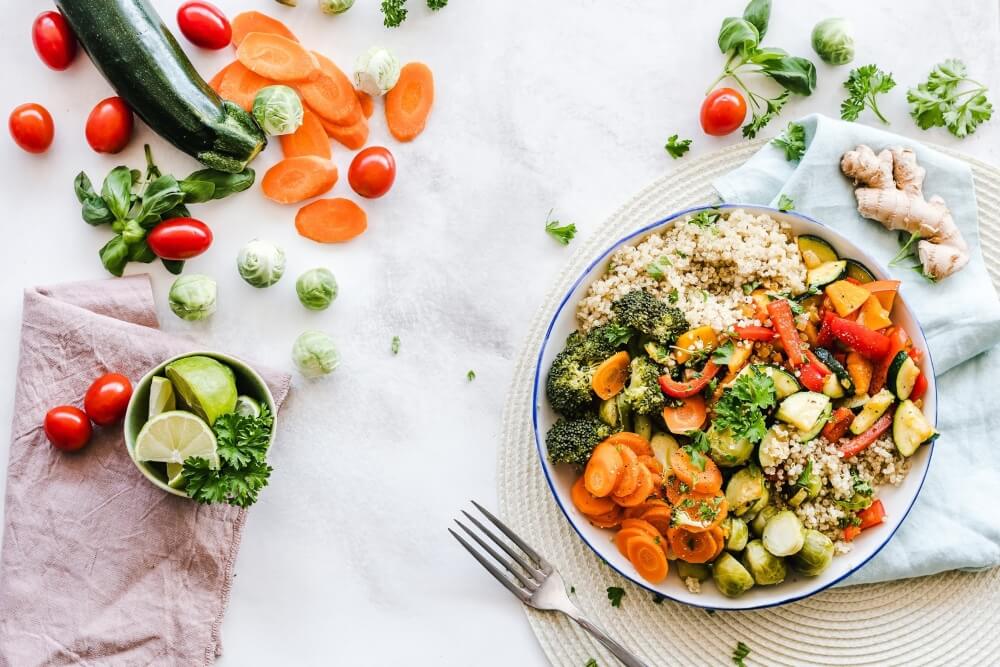Post-Colorectal Surgery Dietary Guidelines
If a patient is diagnosed with colorectal cancer, or another condition that may require a procedure, the doctor will likely want to perform colon resection surgery, otherwise known as a colectomy. Though there are several different versions of this surgery depending on where the cancer is located and how it is impacting the body, it is often performed in the same manner. The doctor will remove a segment of the colon and then stitch the remaining pieces back together. Because the colon is responsible for the processing and removal of food waste from the digestive system, a post-operative diet after colon surgery should be carefully monitored.
Patients’ diet after colon resection may change rapidly, both before the surgery is performed and after. Prior to and immediately following surgery, a doctor will likely dictate the type of diet that should be followed. These dietary changes will be determined based on your nutritional needs, preparation for surgery, and the presentation of side effects as a symptom of the surgery itself. Below, we’ve outlined the basics for what a colorectal cancer patient should expect as they begin the process of recovering from a colectomy. As always, this information is meant to be for informational purposes only, and it’s recommended you follow advice from your own healthcare provider.
Pre-Op Dietary Restrictions
In the days before surgery, a doctor may discuss dietary needs prior to the procedure. In many cases, the doctor may advise that patients observe a liquid-only diet or a clear liquid-only diet. Following the doctor’s recommendations prior to surgery is vital to a successful recovery as it will help limit potential complications both during and after a colectomy. If you have any questions about what you can and cannot consume, you should reach out to your doctor or surgeon to clarify.
Post-Operative Diet After Colon Surgery
Once the surgery has been completed, a doctor and medical team will develop a dietary plan for the remainder of a patient’s hospital stay based on their recovery process. There are several different types of diets as patients begin to recover, even in the hours after the operation. Some common dietary terms used include but are not limited to:
- Nothing by mouth diet
- Clear liquid diet
- Soft diet
- Low-residue diet
While some individuals may find that they graduate to soft diets or low-residue diets relatively quickly, others may struggle more. It’s important to keep in mind that the recovery process for colorectal surgery is different for each individual, and there’s no one-size-fits-all recovery solution. The types of diets to transition to as patients begin to recover will depend on the symptoms they are experiencing, dietary needs, and overall health.
Nothing by Mouth Diets
This diet is often reserved for just before surgery but may be extended after surgery to allow for proper recovery. Nothing by mouth diets are true to their name in that your doctor may tell patients not to have food or drink for six to eight hours prior to your surgery. During this point in time, patients are usually given IV fluids to ensure they don’t become dehydrated. Typically, this diet is instituted prior to receiving a sedative as some individuals may vomit due to sedative, which can cause operational issues and long-term side effects.

Clear Liquids
Once the sedative has worn off, patients typically are moved to a clear liquid diet. These diets consist of only clear liquids as hydration is a vital part of the recovery process for colon surgeries. Diet after colon surgery may be clear liquids for anywhere from a few hours to a few days, depending on how the patient reacts. These liquids are often easy on the stomach, so individuals who are having difficulties with nausea and vomiting after their operation may be kept on this diet.
Substances allowed on clear liquid diets include beef and vegetable broths, water, clear sodas, flavored gelatin, and tea. Typically, this is the first step — and for some, the longest — in a colon surgery recovery diet.
Soft Diet
Once a patient is ready for this step in their diet after colon resection, they’re allowed many more options. These food items are still relatively easy to digest but provide more nutrients, which are beneficial to healing from colorectal surgery. Generally, at this point, they’ll be able to drink all fluids and eat foods such as mashed potatoes, scrambled eggs, soft meats, fruits, and well-cooked vegetables, as well as items like overcooked pasta and soft bread.
If you’re uncertain of what you can or can’t eat on this diet, here’s a good rule of thumb: If you can smash it with a fork, you can likely eat it on a soft food diet. You’ll want to be careful that the food items aren’t overly seasoned because excessive seasoning may irritate the digestive tract and cause complications.
Low-Residue Diet
If a patient has been moved to a low-residue diet, they’re typically able to eat a variety of foods. However, low residue in this case refers to what’s left in the colon after the food is digested. At this point in the diet after colon surgery, patients will want to focus more on foods they shouldn’t eat. Any foods that are grainy, such as berries, seeds, and nuts, are a bad idea. The same goes for raw vegetables and other foods that are high in fiber and difficult to digest.

What to Eat After Colon Surgery at Home
After being discharged from the hospital, patients will need to carefully monitor their own diet to help continue the recovery process. Patients should always consider talking with their doctor or a dietitian to determine what foods they should avoid and be sure to also consider which foods trigger digestive issues as they recover. If eating a particular food item causes issues, they may need to refrain from eating said food for the remainder of their colon surgery recovery diet. Avoid foods that are difficult to digest and grainy until your doctor advises you otherwise, and make sure you monitor any negative reactions or side effects, too.
Foods to Avoid After Colon Surgery
There are a variety of foods most patients should avoid once they’ rehome from the hospital. For instance, carbonated drinks, beans, dairy, and bread may cause most patients to experience gas pains, which can be especially uncomfortable during the recovery period. Additionally, they’ll want to avoid hard-to-eat foods, such as those containing large amounts of fiber and tough meats. Refraining from eating fatty and greasy foods will help to keep patients from experiencing excessive abdominal pain and nausea as well.
What Is the Recovery Time for Colorectal Surgery?
Each patient will have a different recovery experience based on the extensiveness of their surgery and a range of other health factors. The long-term diet after colon resection may be altered for several months. For individuals with pre-existing digestive issues, however, there may be certain foods, such as seeds, that should be avoided for health and safety purposes.
A successful recovery from colorectal cancer surgery can take quite some time and is often impacted by a variety of factors. Follow a doctor’s advice and wait one to two hours after eating to determine how the body reacts to certain foods. This will give patients the ability to alter their colon surgery recovery diet in small increments, introducing new foods based on how they react to similar items. Most importantly, recovery is a personal journey, primarily between the patient and their doctor. Following their professional medical advice will help to have an ultimately smooth recovery.




